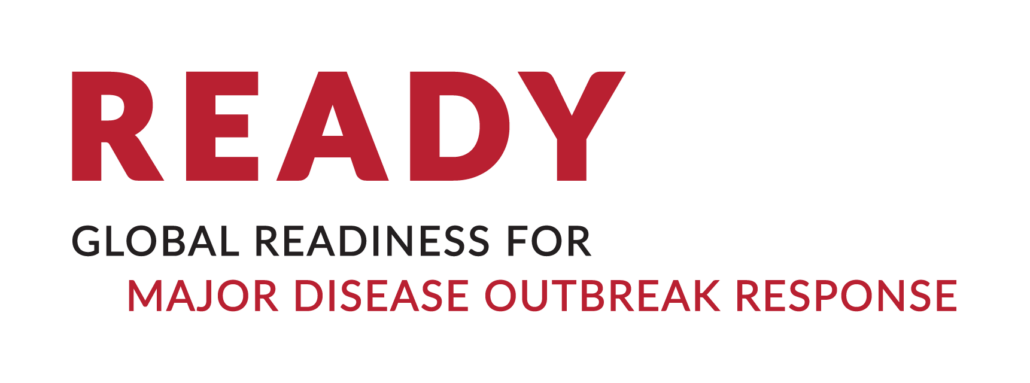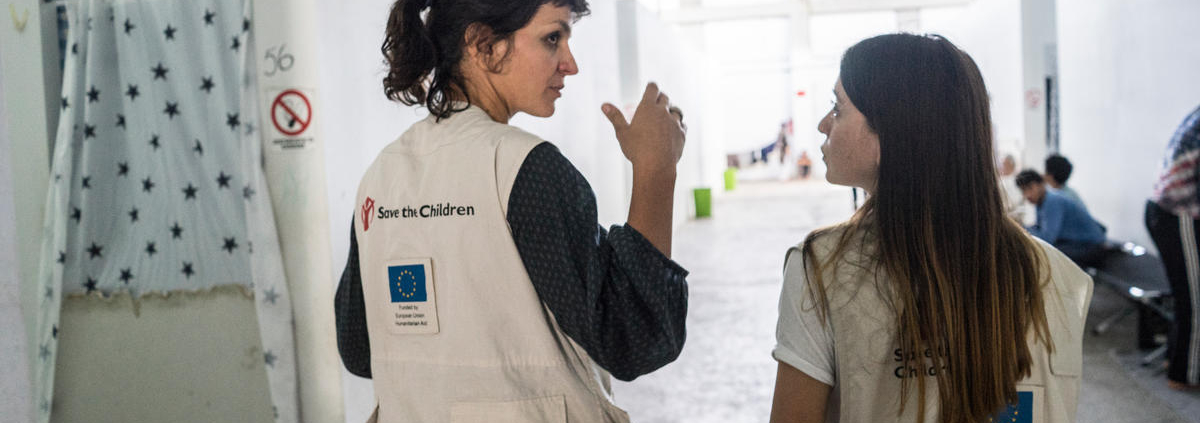Humanitarian coordination and the cluster approach: a quick guide for local and national organizations
Author: Global Education Cluster
This quick guide is designed to help local and national organizations understand the humanitarian cluster approach. It gives an overview of what it is and why your organization should get involved
View the guide in English, French, Spanish, Arabic, Congolese Swahili, Kenyan Swahili, Lingala, Portuguese, and Bengali here.


This website is made possible by the support of the American People through the United States Agency for International Development (USAID) under the READY initiative. READY (not an acronym) is supported by USAID’s Bureau for Democracy, Conflict, and Humanitarian Assistance, Office of U.S. Foreign Disaster Assistance (OFDA) and is led by Save the Children in partnership with the Johns Hopkins Center for Humanitarian Health, the Johns Hopkins Center for Communication Programs, UK-Med, EcoHealth Alliance, and Mercy Malaysia. The contents of this website are the sole responsibility of Save the Children. The information provided on this website does not necessarily reflect the views of USAID, any or all consortium partners, or the United States Government, and is not official U.S. Government information.



Leave a Reply
Want to join the discussion?Feel free to contribute!